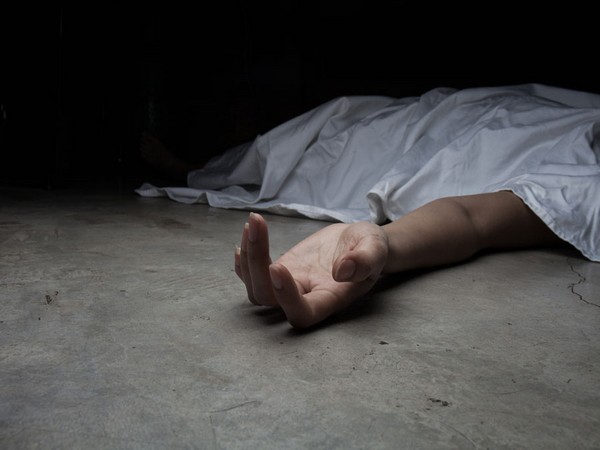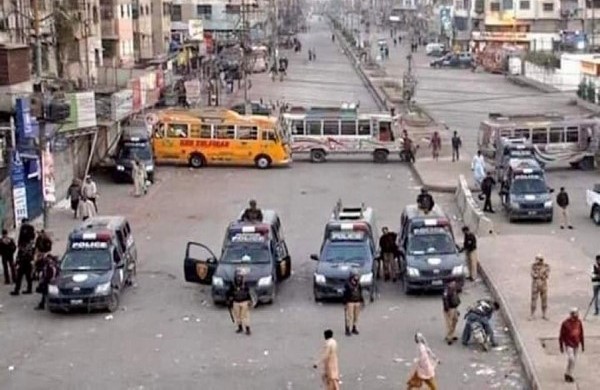Days after the 10th anniversary of the Taliban shooting in Malala Yousafzai’s head, the Nobel Prize laureate arrived in her home country Pakistan on Tuesday, according to local media.
The Express Tribune reported that Malala and her parents reached Karachi through Qatar Airways’ flight 604 and were taken to her residence under tight security.
This is Yousafzai’s second visit to Pakistan since she survived a Taliban attack in 2012 in Afghanistan’s Swat.
Yousafzai, who has been actively working for girls’ education, is in Pakistan amid devastating floods that have left 1,700 killed and displaced nearly eight million people, according to the latest estimates.
Citing Malala Fund’s statement, Dawn reported that her visit aims “to help keep international attention focused on the impact of floods in Pakistan and reinforce the need for critical humanitarian aid.”
Earlier, the Malala Fund issued an emergency relief grant to the International Rescue Committee (IRC) to support flood relief efforts and “protect the wellbeing of girls and young women in Pakistan”.
Yousafzai, an advocate for girls’ education, survived a Pakistani Taliban assassination attempt when she was just 15 years old when they shot her in the head.
Since then the Oxford graduate has become a global figure promoting education for girls.
On October 9, 2012, Malala was shot in the head by Taliban gunmen for actively supporting girls’ right to education in Mingora, Swat Valley in northern Pakistan following which she left the country and shifted to Birmingham, UK.
Malala also underlined the importance of girls’ education, calling it a ‘social movement’ and vowed that she would continue to advocate it in her home country.
At the age of 17, Malala was awarded the Nobel Peace Prize for her contributions to and struggle for promoting education for children. She shared the prize with Kailash Satyarthi, a children’s rights activist. (ANI)
Read More:http://13.232.95.176/


